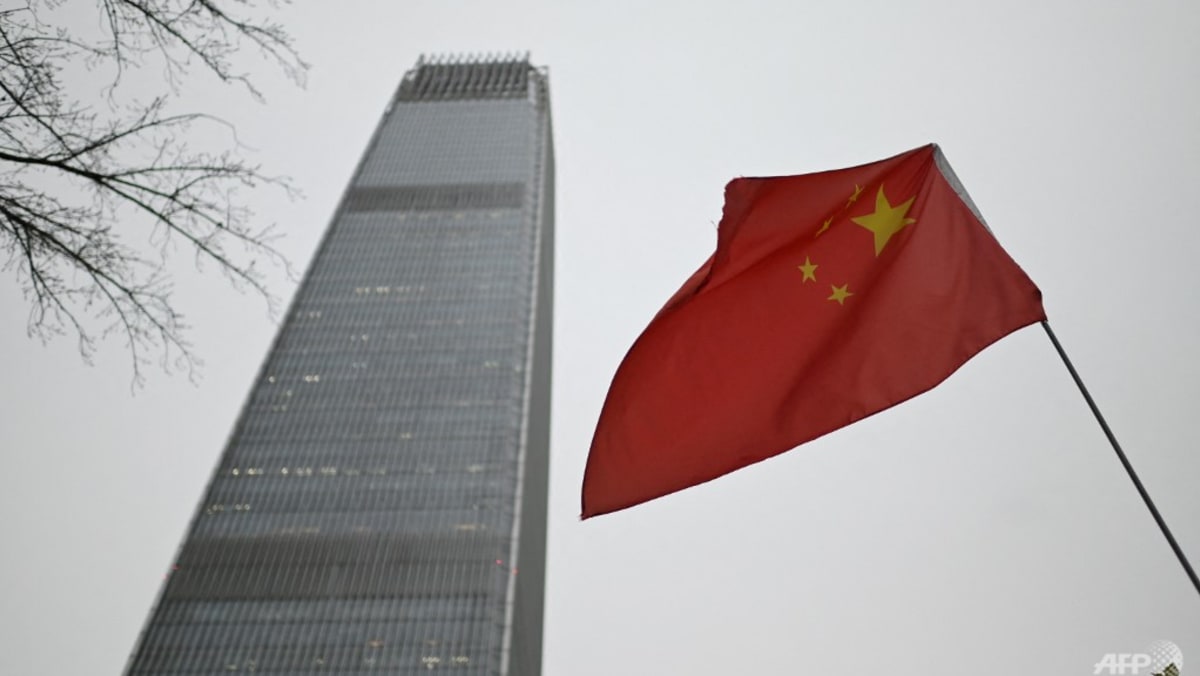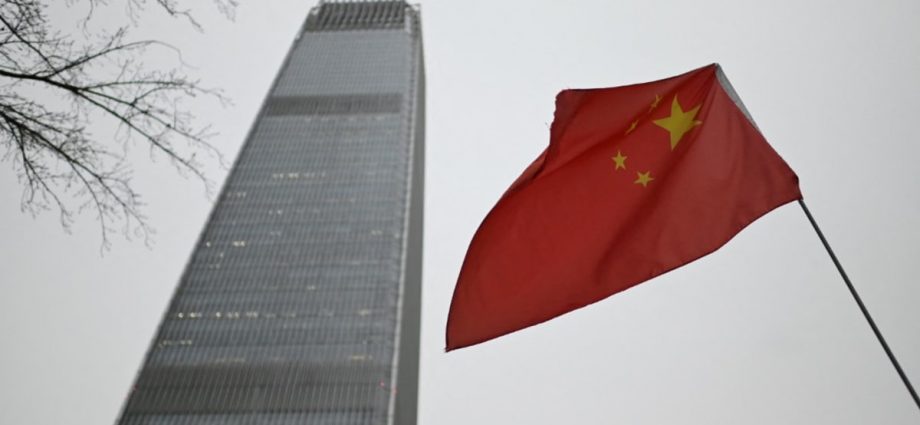
The report claimed that the number of Indonesians who regard China as a “revisionist power” increased by 15 per cent from 2020 to 2021.
“Similar increases were found regarding perceptions of China as a strategic, political, and economic threat,” said Freedom House.
The report marked the intensity of Beijing’s influence media efforts as “high” for Malaysia, Indonesia and the Philippines. However, it pointed out that the Philippines was more resilient than the other two countries.
Freedom House highlighted that the Philippines has exerted “widespread pushback” on China’s actions in the South China Sea and its politicians have also expressed concerns about media influence from Beijing-back news outlets.
The Filipinos also tend to be “highly sceptical” towards China and the CCP, the report stated.
A music video released by the Chinese Embassy in Manila which promoted Chinese medical assistance and bilateral friendship amid the COVID-19 pandemic, also drew criticism from Filipinos on social media who saw it as blatant propaganda for Beijing’s stance on the territorial dispute, it added.
The report was compiled based on media investigations, interviews, scholarly publications, Chinese government sources, and on-the-ground research by local analysts, according to Freedom House.
Overall, the report stated that China was intensifying its campaign to influence and manipulate news and information worldwide and is determined to project a positive image of itself.
“The Chinese government, under the leadership of President Xi Jinping, is accelerating a massive campaign to influence media outlets and news consumers around the world. While some aspects of this effort use the tools of traditional public diplomacy, many others are covert, coercive and potentially corrupt,” the report said.
“A growing number of countries have demonstrated considerable resistance in recent years, but Beijing’s tactics are simultaneously becoming more sophisticated, more aggressive and harder to detect.”
REPORT DRIVEN BY ULTERIOR MOTIVES, SAYS BEIJING
Responding to a reporter’s question in Beijing, Chinese Foreign Ministry spokeswoman Mao Ning said the Freedom House report was “not fact-based” and “driven by ulterior motives”.
She added that Freedom House has a “long track record of making false allegations on China-related issues”, according to a transcript of the Sep 8 daily press briefing posted on the foreign ministry’s website.
“Telling the story of the Communist Party of China and presenting a true, multi-dimensional and panoramic view of China to the world is part and parcel of the job of Chinese media and foreign service,” she said.
“What we share with the world are facts, real numbers, concrete examples and plain truth. They are completely different from the so-called ‘influence efforts’ or ‘disinformation’ in the report,” the spokeswoman added.

